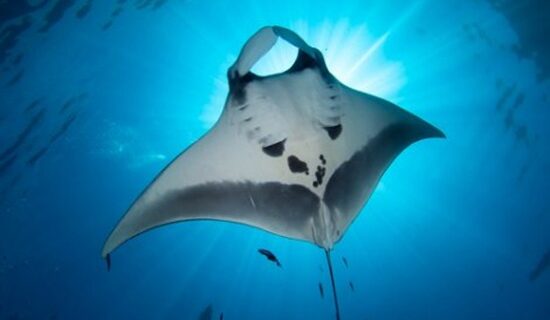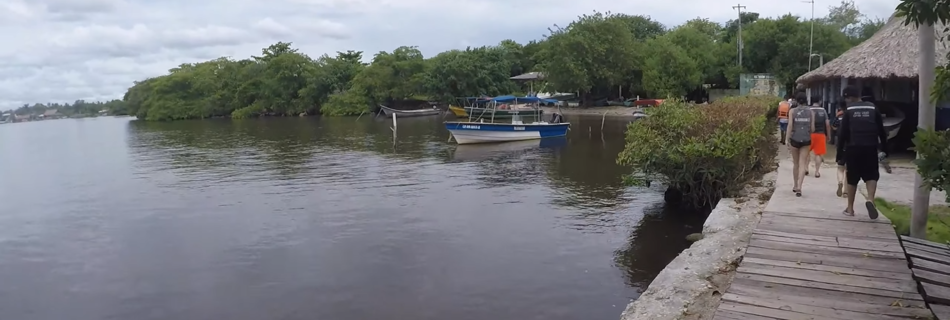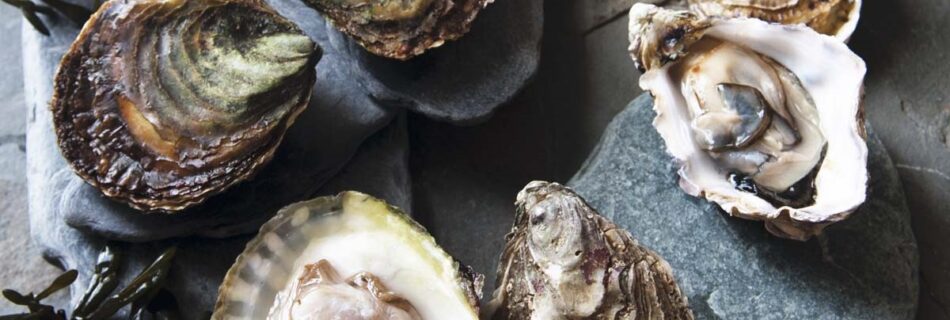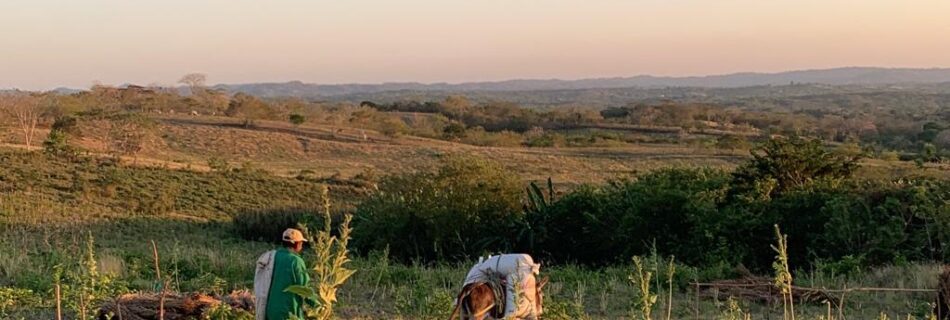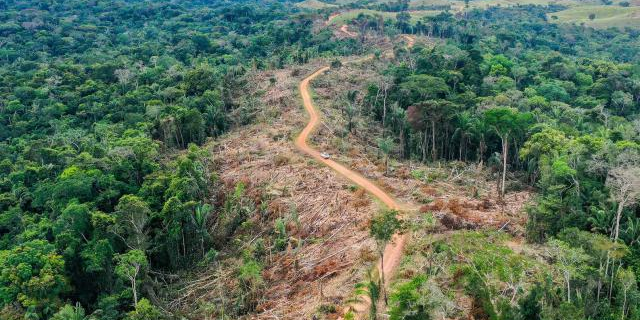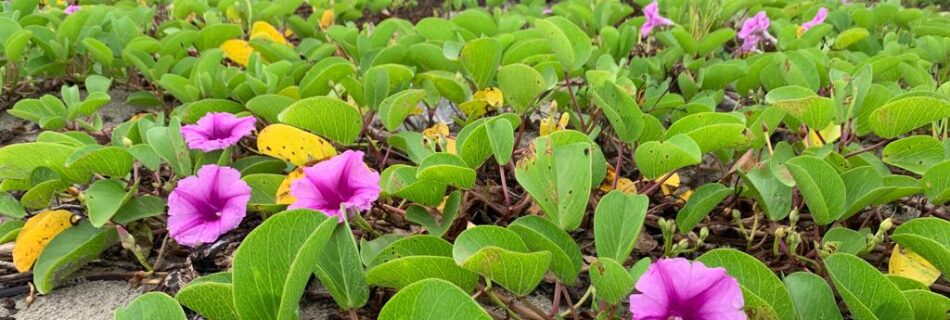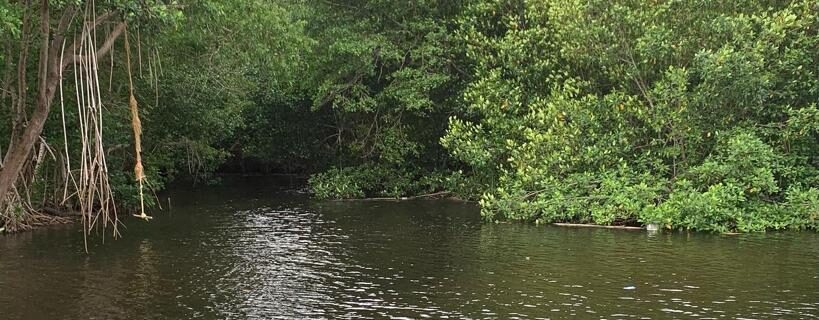COMMUNITY PLAN FOR THE CONSERVATION OF RAYS ON THE COLOMBIAN PACIFIC COAST
RESUMENRay populations in the Colombian Pacific are being decimated to the point of extermination. The three species of giant rays are targeted by small indigenous Emberá fishermen: Giant Manta Ray (Mobula birostris), Bentfin Devilray (Mobula thurstoni) and Sicklefin Devilray (Mobula tarapacana). Poaching of sea rays off the Colombian Pacific coast is still rampant, but today, instead of traveling with nets, poachers simply buy live rays stored by local (Emberá indigenous) fishermen who hide them on remote islands or in mangrove streams. Because rays need to breathe, poachers keep them in locally constructed rectangular fish cages of floating drums and wood, with nets suspended in the middle, or tied or chained directly to coral in shallow water. The costs and resources required to survey this vast area are prohibitive for local enforcement agencies and logistically complex.Through this plan, we seek the comprehensive protection of 3 species of rays by strengthening the conservation capacities of the Emberá indigenous community, with conservation, education, sustainability and communication strategies.The end result will be an increase in the conservation status of the three targeted ray species through population growth and mitigation of threats to this species on the Colombian Pacific coast.Key words: Ray populations, Colombian Pacific coast, protected marina area, Emberá indigenous community.

